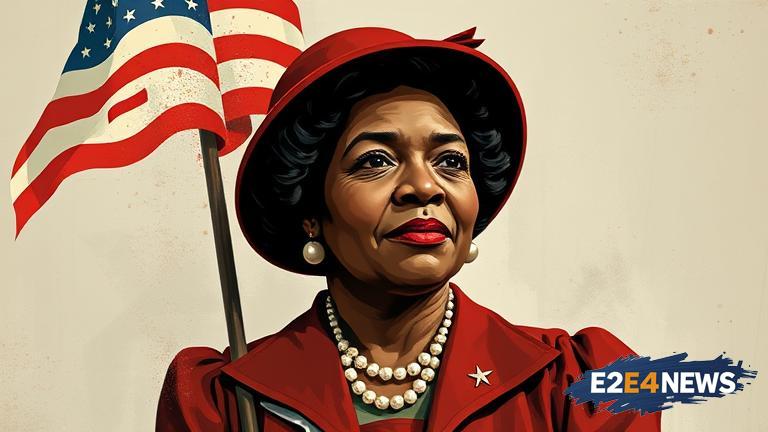Mary Harris Jones, also known as Mother Jones, was a trailblazing labor activist who dedicated her life to fighting for workers’ rights and improving working conditions in the United States. Born in 1837 in Cork, Ireland, Jones immigrated to the United States and became involved in the labor movement after witnessing the harsh realities of worker exploitation. She quickly gained recognition for her fearless advocacy and powerful oratory skills, earning her the nickname ‘Mother Jones.’ Throughout her career, Jones worked tirelessly to organize workers, expose injustices, and push for legislative reforms. Her efforts led to significant improvements in workers’ lives, including the establishment of the eight-hour workday, the abolition of child labor, and the creation of safer working conditions. Jones’s activism also inspired the formation of labor unions, such as the United Mine Workers of America, and her influence extended beyond the labor movement to shape American politics and society. Despite facing numerous challenges and setbacks, including arrests, imprisonment, and intimidation, Jones remained committed to her cause, continuing to organize and agitate for workers’ rights until her death in 1930. Her legacy has endured, with Labor Day, celebrated on the first Monday in September, serving as a testament to her tireless efforts. Today, Jones is remembered as a pioneering figure in American labor history, and her contributions continue to inspire social justice movements and worker advocacy groups. The story of Mary Harris Jones serves as a powerful reminder of the importance of standing up for what is right, even in the face of adversity, and the impact one person can have on shaping the course of history. Jones’s life and work have been the subject of numerous books, films, and documentaries, cementing her place in American cultural heritage. As the nation celebrates Labor Day, it is essential to remember the remarkable woman behind the holiday and the profound impact she had on American society. Mary Harris Jones’s courage, determination, and unwavering commitment to justice continue to inspire generations of activists, workers, and citizens. Her legacy serves as a powerful reminder of the importance of protecting workers’ rights, promoting social justice, and fostering a more equitable society. The labor movement, which Jones helped shape, has continued to evolve and adapt to changing times, with modern-day activists and organizers drawing on her legacy to inform their work. As the United States continues to grapple with issues of income inequality, worker exploitation, and social injustice, the story of Mary Harris Jones offers a powerful reminder of the need for collective action and advocacy. By honoring Jones’s legacy and continuing her work, Americans can help create a more just and equitable society, where all workers are treated with dignity and respect. The celebration of Labor Day serves as a poignant reminder of the progress made towards achieving this goal, while also acknowledging the ongoing struggles and challenges that remain. In conclusion, the life and legacy of Mary Harris Jones serve as a testament to the power of individual activism and the importance of collective action in shaping a more just and equitable society. As Americans celebrate Labor Day, they would do well to remember the remarkable woman behind the holiday and the enduring impact she has had on American history and culture.
